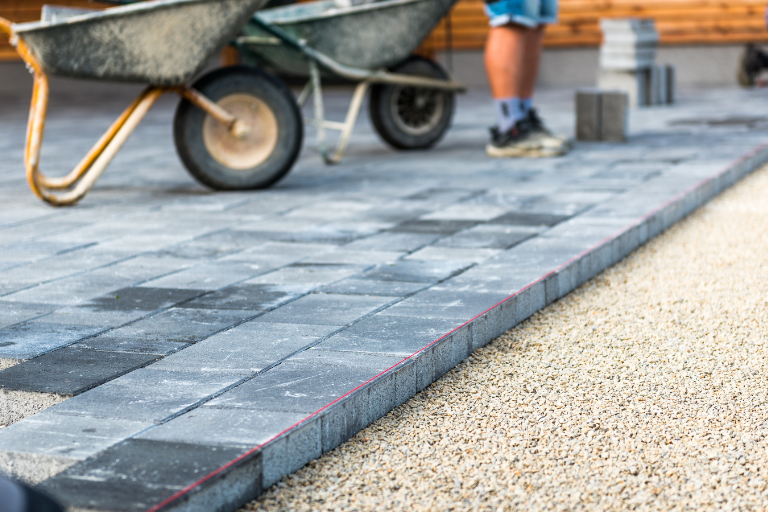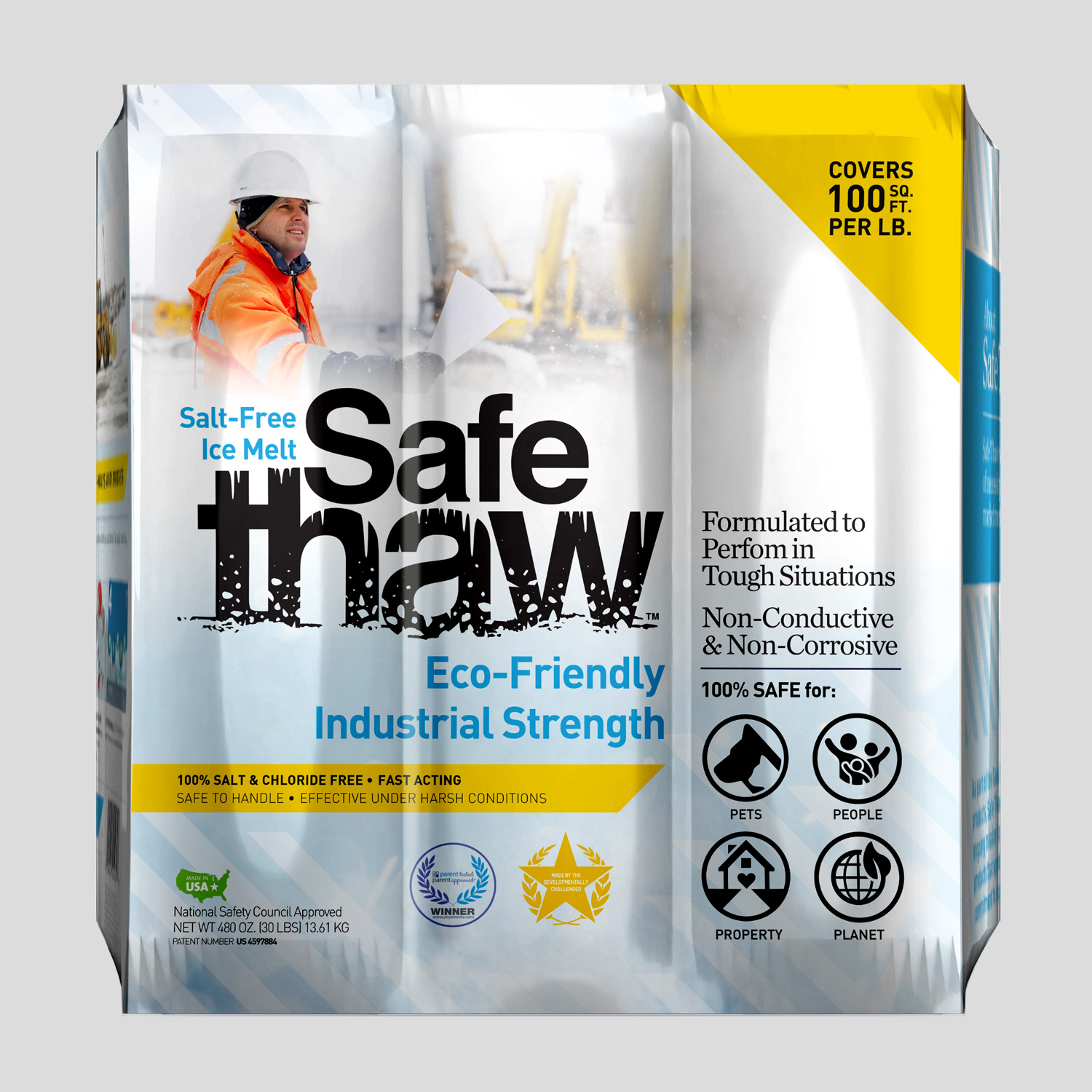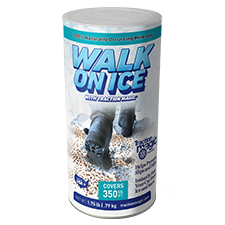Concrete Driveway Vs. Asphalt: Long-Term Costs And Benefits

Hey there! Let’s sit down with a cup of something nice and chat about a decision many homeowners face: choosing between concrete driveway vs asphalt. It’s kind of like deciding between a gas or charcoal grill – both have their fans, and both have their quirks. We’re diving into the concrete driveway vs asphalt debate, looking at not just the upfront costs but all those long-term factors you need to consider.

Safe Thaw
Safe Thaw was created as the ice management solution for tough winter environments. Ideal in commercial and industrial properties, shops, government agencies, bridges, and construction.
Initial Costs: The First Hurdle
So, kicking things off with the initial costs. Typically, installing an asphalt driveway is less pricey than pouring a concrete one. It’s like the difference between buying a brand-name appliance and its budget-friendly counterpart. Asphalt might be easier on your wallet at first, but hold on, there’s more to this story.
Durability And Lifespan: The Long Haul
When it comes to lasting power, concrete usually takes the trophy. A well-maintained concrete driveway can hang around for 30 years or more. Asphalt, though? You might be looking at redoing it every 10 to 20 years. It’s a bit like investing in a sturdy, high-quality tool versus one that might need replacing after a few years of heavy use.
Upkeep And Care: The Regular Check-Ins
Here’s where asphalt demands a bit more from you. Think of it as a garden that needs regular weeding and watering – every few years, you’ll need to reseal it to keep it in tip-top shape. Concrete is more of a low-maintenance friend, requiring less frequent care but still needing attention now and then.
Climate Compatibility: Weathering The Seasons
In colder regions, asphalt has a bit of an edge. It handles freezing and thawing cycles pretty well and, thanks to its dark color, can help with snow melt. Concrete, though, can be a bit more sensitive to winter’s wrath, especially to the freeze-thaw cycle and, importantly, to deicing salts and chemicals.
Speaking Of Salt And Ice Melts…
This is a biggie in the concrete driveway vs asphalt discussion. That common salt and chloride-based ice melts? They can be rough on concrete, leading to surface scaling and other damage. Asphalt is a bit more forgiving in this regard, but it’s not immune. This is where a product like Safe Thaw really shines. It’s kind to both surfaces – think of it as a gentle, eco-friendly dish soap compared to harsher chemical cleaners. Using Safe Thaw means you don’t have to worry about exacerbating wear and tear during those icy months.
Design And Aesthetics: Making It Your Own
If you’re looking for customization, concrete is your canvas. It offers a variety of colors, textures, and finishes. Asphalt? It’s more the one-style-fits-all type. It’s like comparing a custom-tailored outfit to something off-the-rack.
100% salt & chloride-free, fast acting Ice Management Solution
The Bigger Financial Picture: Counting The Costs Over Time
Looking long-term, concrete can be more cost-effective. Its durability and lower maintenance might mean fewer expenses down the road, despite the higher upfront cost. Asphalt, while cheaper initially, could end up costing you more in maintenance and earlier replacement. It’s like that old saying: buy cheap, buy twice.
Environmentally Speaking: Paving A Greener Path
When it comes to being eco-friendly, both driveway concrete or asphalt materials have their pros and cons. Asphalt can be recycled, which is a plus. Concrete has reflective properties that can reduce lighting needs and help with urban heat. It’s a bit like choosing between two eco-conscious products, each with its own set of green credentials.
Try Also Our Other Winter Safety Products:
Safe Paw
The Original and #1 Selling Pet and Child Safe Ice Melt for over 20 years. Guaranteed environmentally safe –It won’t harm animals or children, and it won’t damage your property. That’s Safe Paw. Safe Paw can change how winter affects our planet.

Walk On Ice
The handy disposable canister can be taken everywhere, with the same 100% naturally occurring minerals that provide instant traction on ice or snow. Use it on sidewalks, steps, or as an instant traction agent for your car.



